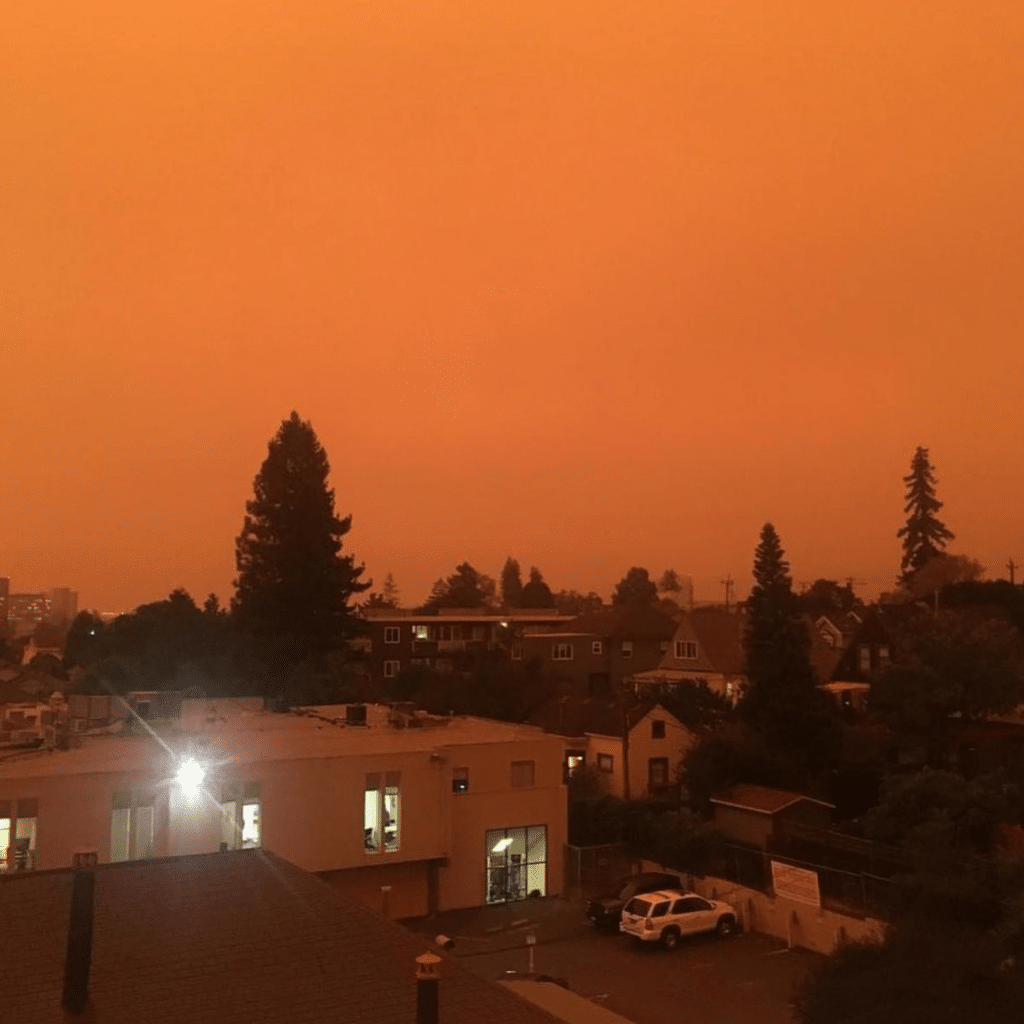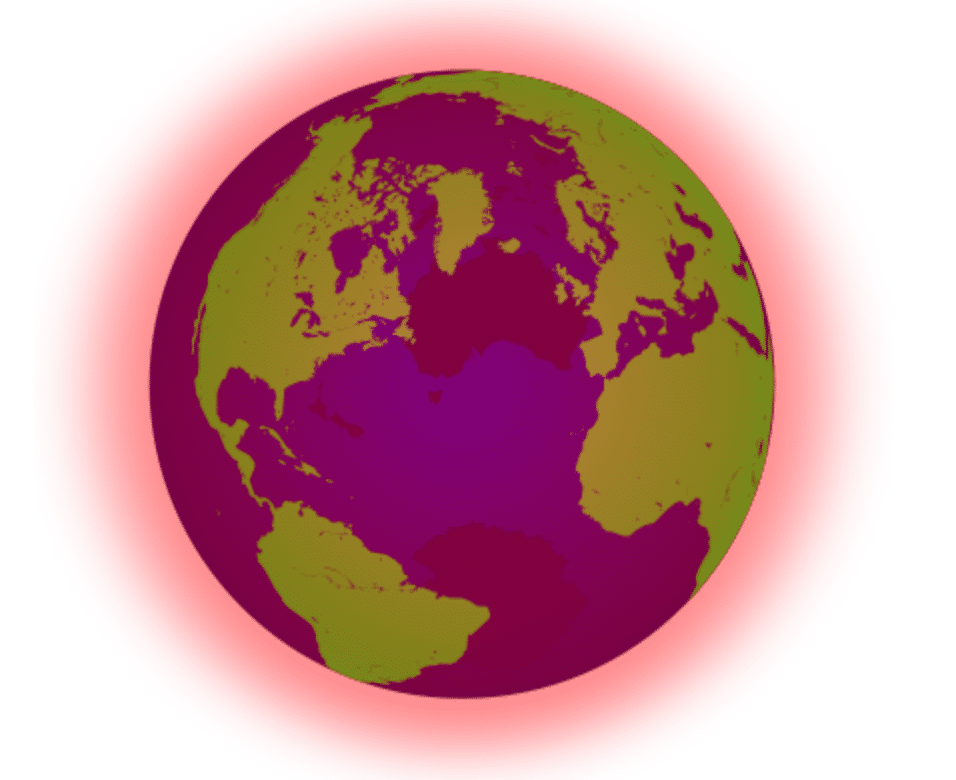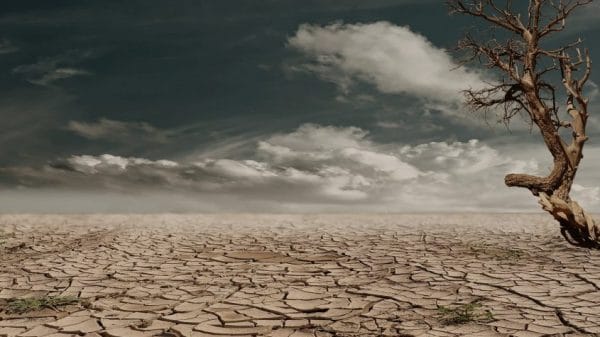A sinister world first was met this past week in British Columbia, as a well-practiced physician diagnosed his elderly female patient with an unprecedented disease: climate change.
The patient, a Canadian woman in her mid-seventies, was admitted to a local hospital after experiencing symptoms of heart failure and diabetes. Following examination, the chief of the emergency department, Dr. Kyle Merritt, made the official call that his patient’s developed diseases were the direct effects of her exposure to the environmental pressures of summer 2021− Canada’s hottest on record.
A lethal combination of heat waves and wildfire fallout plagued British Columbia this past June, July, and August. High temperatures and smog-covered skies left many, especially those living in more impoverished areas, in a dangerous position regarding climate exposure. It is estimated that, across the hottest months of the year, hundreds of Canadian citizens lost their lives at the hands of these severe climate conditions.

The newly-diagnosed female patient is thought to be among those who were most impacted by the changes in Canadian weather patterns over the summer. Record-breaking temperatures, coupled with the reality that she lives in a trailer without access to air conditioning, led to the ultimate worsening of her overall health. While this patient is the first to be formally sick with “climate change,” Dr. Merritt notes that an increase of patients suffering with respiratory complications have been present in his hospital ever since the severe effects of global warming began in the area. He assumes a direct correlation between these two phenomena.
Many scientists and medical experts believe in the fearful future where climate change is our next global pandemic. While this first news of medical diagnosis may seem novel, it could represent just the start of a new upwards trend climate-related health issues.
This incident comes just weeks after the conclusion of the G20 climate summit in Rome and days after the COP26 summit in Glasgow, in which many prominent world leaders met to discuss strategy and policy surrounding the burgeoning crisis of global warming on the international scale. Although the prominent politicians present− including Joe Biden, Angela Merkel, Boris Johnson, and Emmanuel Macron− came together in a pledge to combat climate change, many environmental activists thought that their actions at the summit fell short. It seems, activists argue, that our world leaders know that global warming must be fought, they have no idea as to how to fight it. The leader of the COP26 himself even admitted at the summit’s conclusion that the policies developed by the leaders present there need to be more aggressive in their efforts to combat climate change in order to be effective.
Without proper strategies in place, alongside the implementation of concrete and tangible policies and green deadlines, entire populations may begin to suffer the environmental and medical impacts of climate change first identified in Canada this week.
As Dr. Merritt warned following his patient’s diagnosis, “If we’re not looking at the underlying cause, and we’re just treating the symptoms, we’re just going to keep falling further and further behind.”














